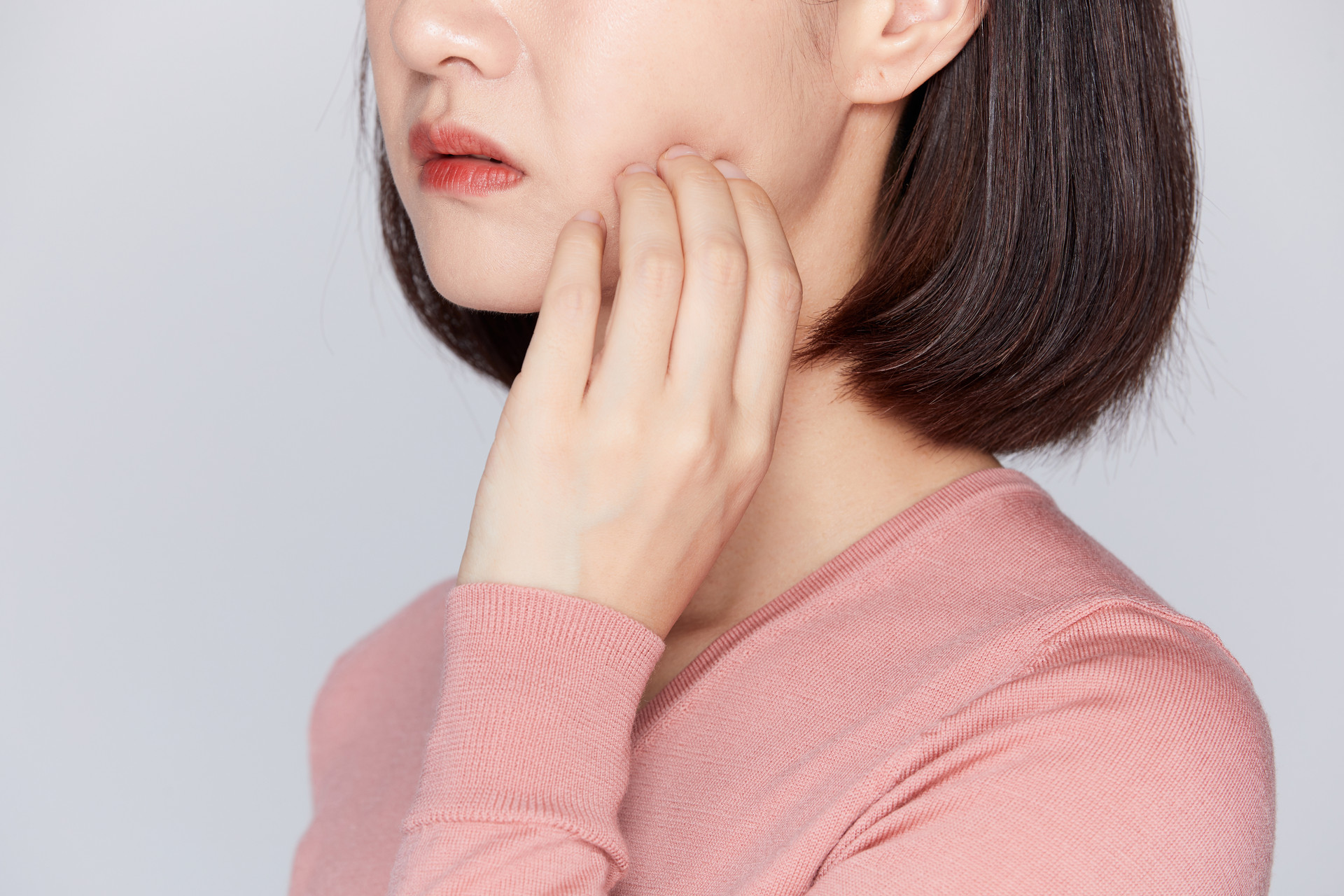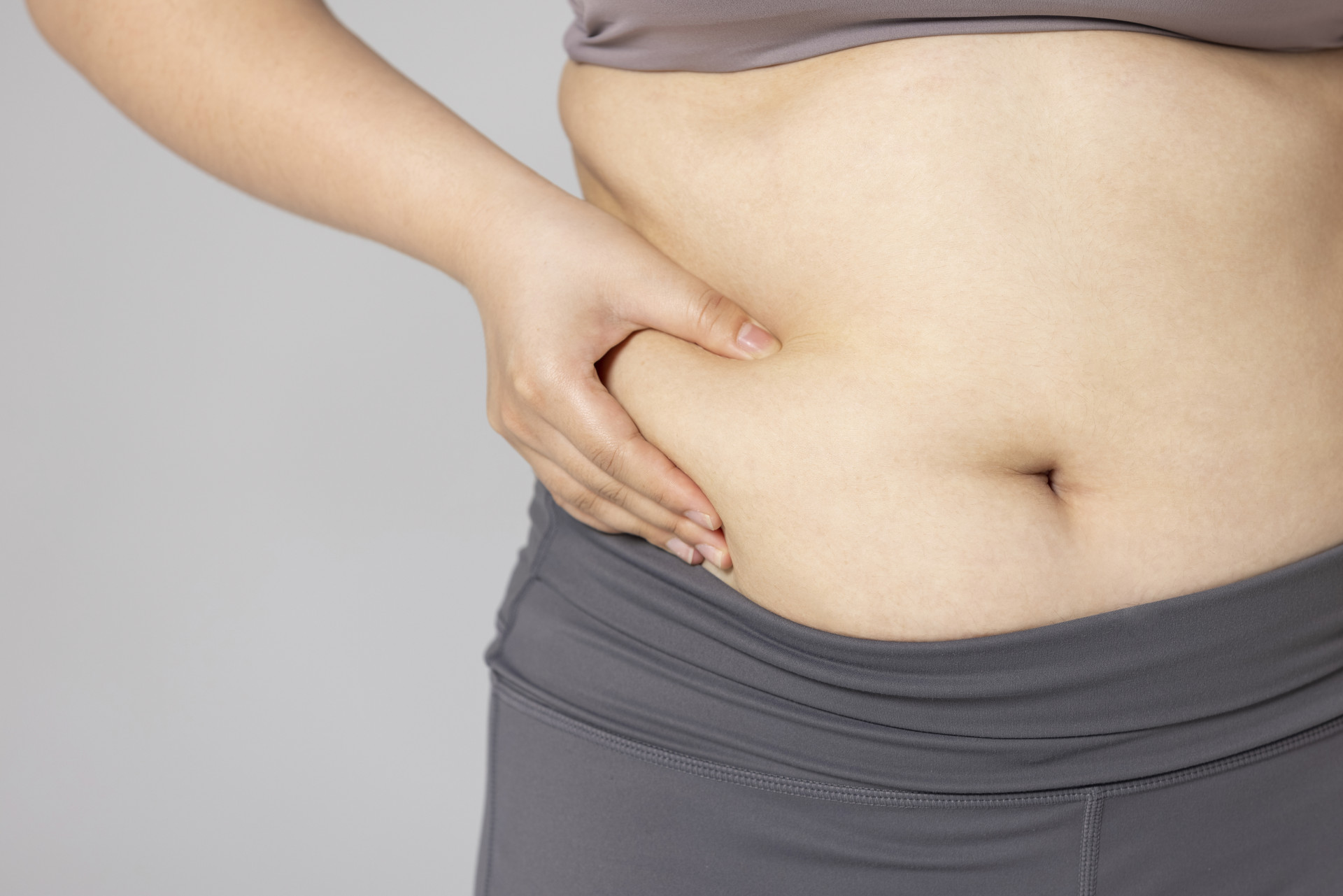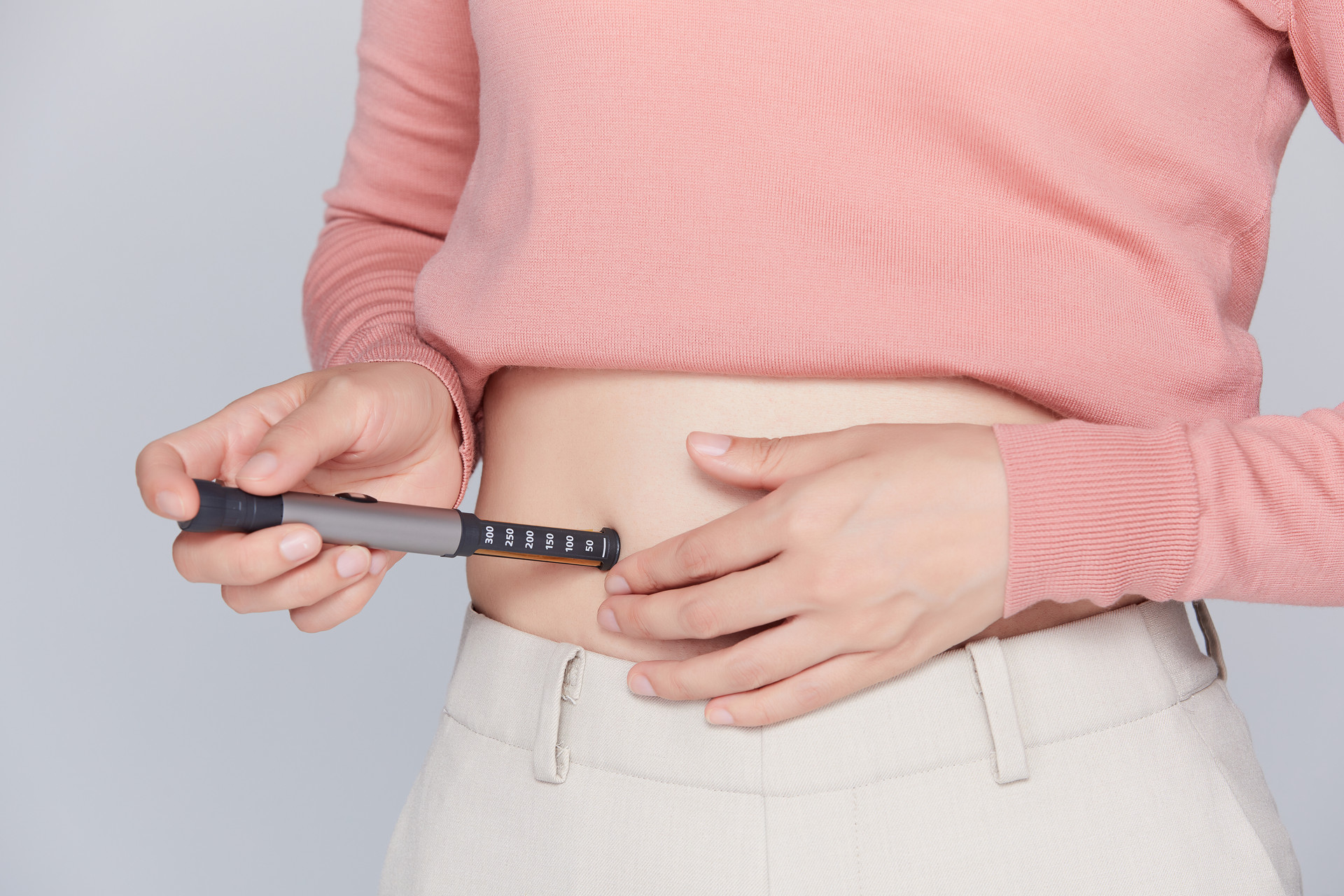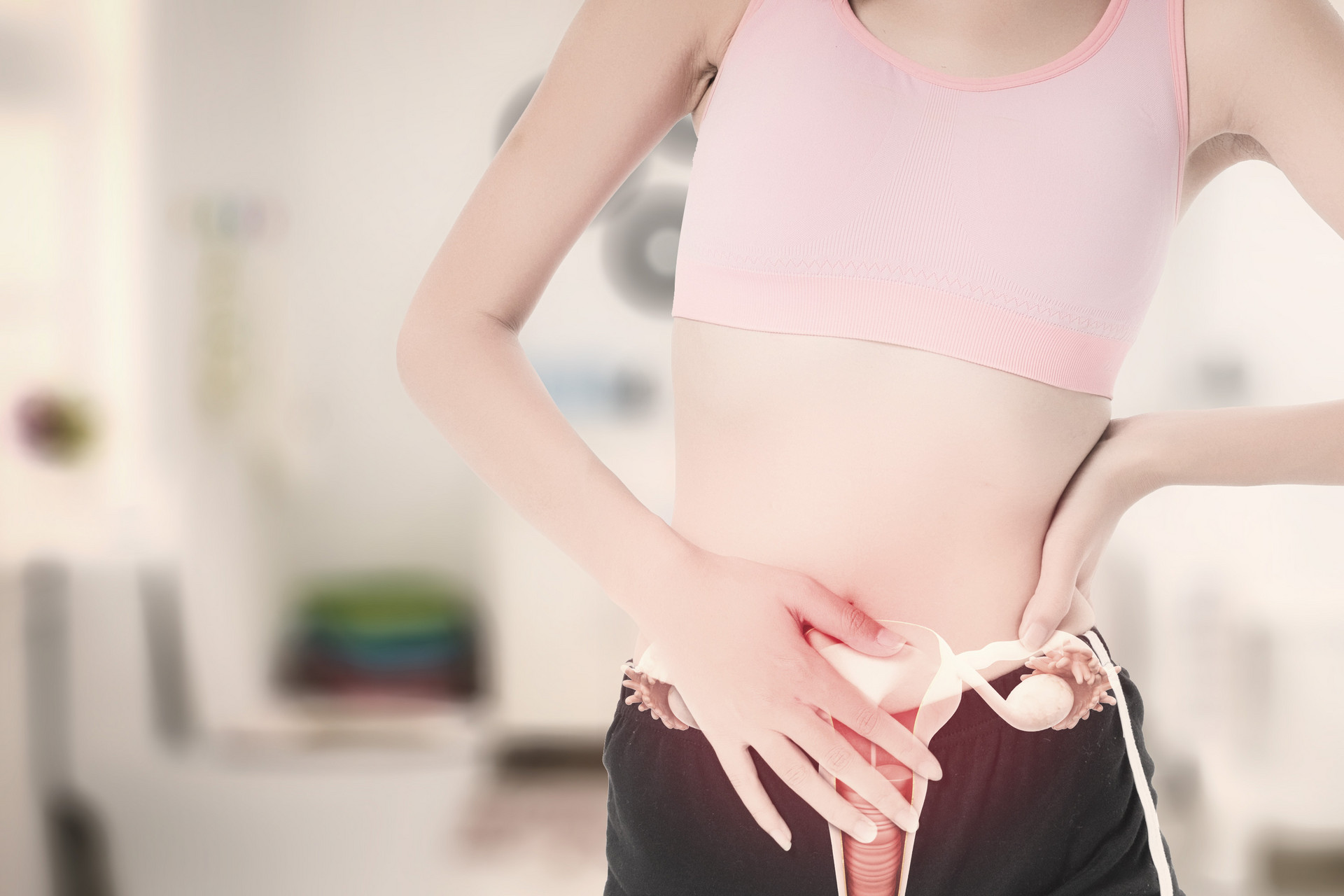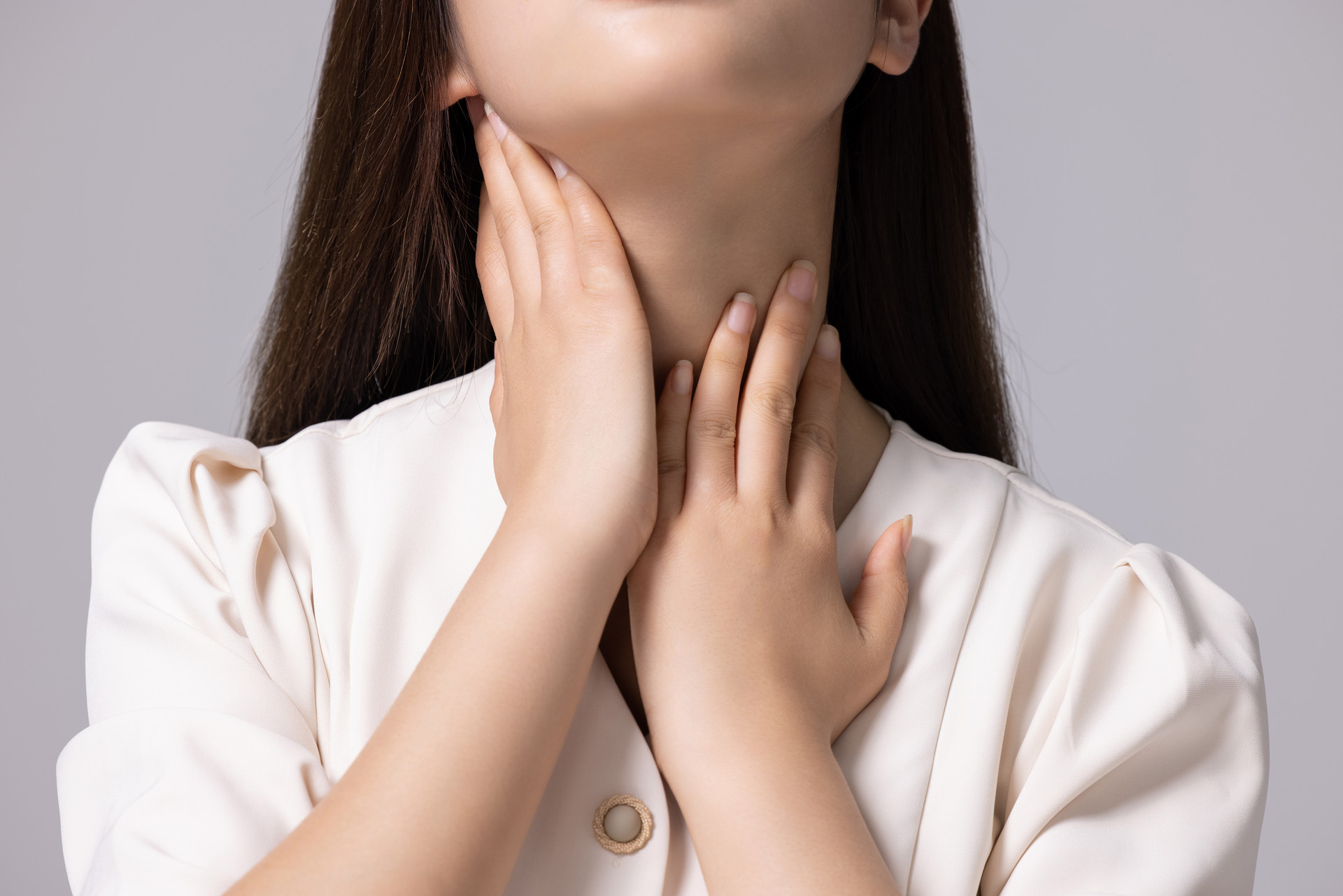
When considering medication during pregnancy, it is important to not only consider the risks associated with the medication, but also the risks of not taking medication. In the case of pregnant women experiencing fever (due to infectious diseases, for example), a temperature increase of 1.5℃ can lead to fetal deformities. The location and severity of the deformities are related to the duration and intensity of the fever, as well as the gestational age. Therefore, timely medication is necessary. The descriptions in the product instructions for Chinese herbal medicine during pregnancy generally include three categories: prohibited, cautioned, and advised against. In actual use, it is important to balance the potential harm to the fetus with the potential benefits to the pregnant woman. The "Chinese Pharmacopoeia" has legal authority and is the most authoritative clinical medication reference. Medications with pregnancy contraindications indicated in the "Chinese Pharmacopoeia" must be followed. For medications not indicated as contraindicated during pregnancy or with low levels of contraindication, physicians or pharmacists may still impose stricter usage restrictions based on experience or other literature reports. For example, Shujin Huoluo Wine (ethanol 50% to 57%) is cautioned for pregnant women in the "Chinese Pharmacopoeia," but physicians or pharmacists may treat it as "prohibited" and prohibit pregnant women from taking it. For certain medications such as Huoxiang Zhengqi Water (ethanol 40% to 50%) and Baizi Yangxin Pill (3.8% cinnabar), the "Chinese Pharmacopoeia" does not even provide any pregnancy contraindication labeling. Similar situations are not uncommon. Therefore, caution should be exercised when selecting medication.


